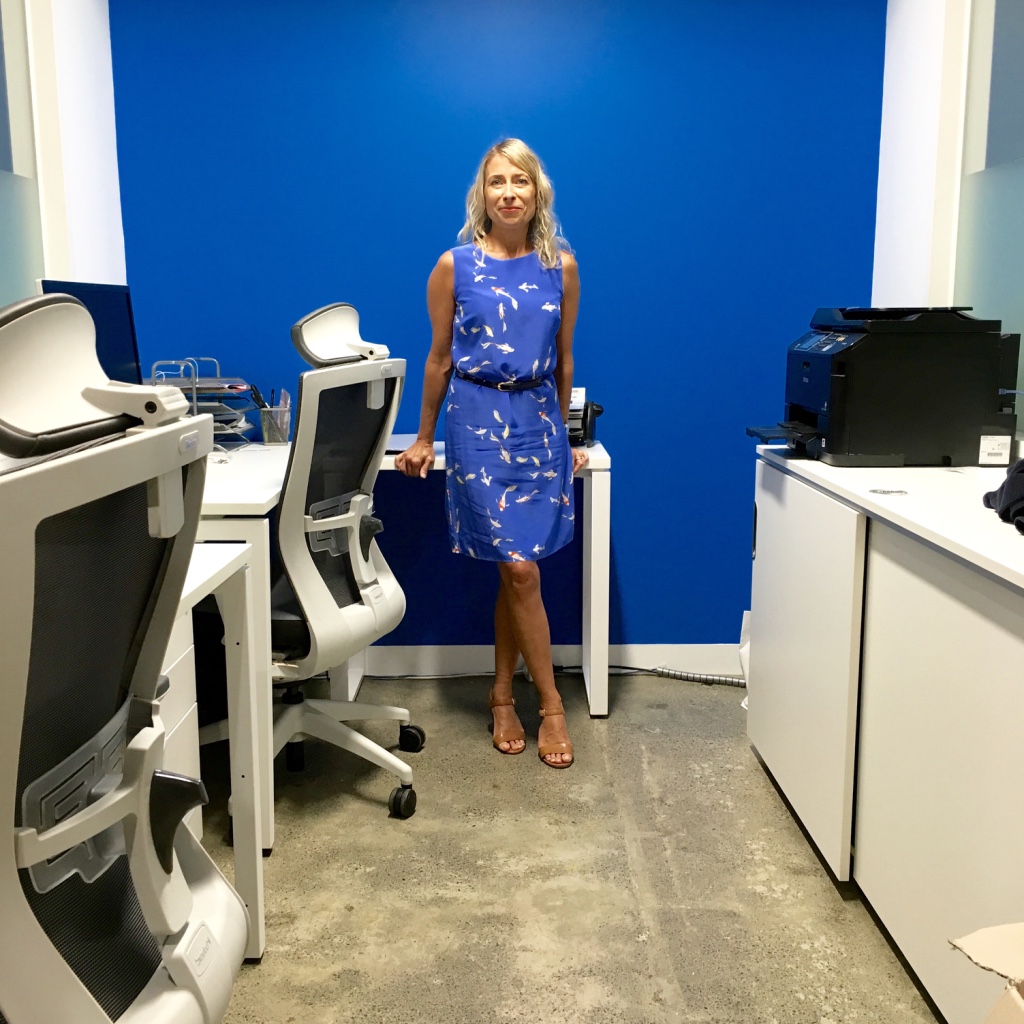Events are funny things. They can either be really good or really really bad. Sometimes they’re something in between. A bit humph.
“Let’s do an event!” the client proclaims, triumphant at even the thought of it. This is usually where I take a big deep breath – and hold it for a very long time. It’s a bit like being a party pooper. You don’t want to rain on anybody’s fire-works but at the same time, if you’re going to organise a party, it’d better be a bloody good one – or else!
The thing about events is that you have to have all your aces in the right places. They need to be well thought-out. Gone are the days when you could throw on a good spread at a fancy restaurant and splash around some top-notch champagne, and everyone would turn up. Yup, those days are G.O.N.E.
Fact is that media are too busy holding down their jobs and meeting deadlines to afford the time to leave their desks to hot-foot it to a launch party – unless it’s dead good.
At Bay PR, we do dead good launches but we ask clients who dare to ask for a launch, some tricky questions. These are usually along the lines of:
1. Do you need to spend the money or can it be executed a different way?
Venues, food, AV, booze, speakers, transport, photography = money. Usually quite a lot of money. That money could be put into a stand-out media kit or tricky teaser that grabs media attention without them leaving their desks. Sometimes, that can be enough.
2. Is your product/story good enough to warrant an event?
Sorry to say, that but marketers can often get so caught up with their own hype, they can’t see the woods for the trees. It’s our job to show the way. Is your new widget really a news story? Is the news editor of the Sydney Morning Herald going to want to come along and see it in person? Is it even news? Who else is doing it? Are you doing it better or differently? Is it life-changing? Or is everybody just getting a bit carried away?
3. What do you want to achieve out of your event?
Is it media coverage? Is it attendance? Is it the feel-good factor, getting across the personality of the brand? Is it even networking? If you know what you want to achieve, then it makes it easier to work out the party plan and also be happy with the outcome. Many clients are chuffed when media show up to an event but don’t understand why it didn’t get coverage. As we say in the PR game – “You can lead a horse to water, but you can’t make it drink – however good the champagne!” If you have a good PR agency on-board, they will guide you in your decision-making and goal-setting so everybody gets a pat on the back when the last guest leaves.
4. Location location.
I once had a client who wanted to launch a new oven. Trouble was, the factory was BB (beyond Balmain), which in any journo’s books is a complete no no. What did we do? Booked helicopter flights. And guess what? We had a full house. In fact, we had to turn B-listers away (sorry journo friends – we love you all!) Getting to and from launches is a fundamental practicality that needs to be factored into every good launch plan. Ergo boats. Boats, unless you are launching one, or have A list celebs, can be a VBD (very bad idea) in terms of attracting media. The fear of being trapped on a boat when you’ve got your story and you’re clutching your goody bag ready to go and can’t get off – that’s the stuff of nightmares for most journos.
5. Spokespeople.
Who are you going to get to represent your company? Be honest – if the MD is charismatic, engaging and a whizz on the microphone, then by all means, wheel him out. If, however, as I have seen many times, he is a bit on the boring side and lacks a bit of pizzazz, then leave him to sip his champagne and pull in somebody else. Often politics can get in the way of a good speech (nobody wants to upset the boss) but if he/she wants to put the best foot forward for the business, then go for the right person. I have seen some fantastic speakers that have come from HR, marketing and sales that have been given the chance to strut their stuff on the stage and trust me, it works in favour of the company in the end.
6. Music.
It sounds really obvious but make sure you choose the right music for the evening that expresses the mood you are aiming to achieve. The power of choosing the right background music can never be underestimated. Get it wrong and guests will run for cover, but get it right and it can help create ambiance and add to the memory of a successful event. It pays to test the sound system out first and allocate someone to the job. That way, when the speeches have finished and the last clap dies down, you have the music back on cue to take you onto the next stage of the party with no awkward silences. And check the volume too to get it just right to be comfortable but not too loud that guests can’t hear themselves think.
We hope your next event goes swimmingly and if you have any questions or need assistance – give us a holler and we’ll happily help you out!



